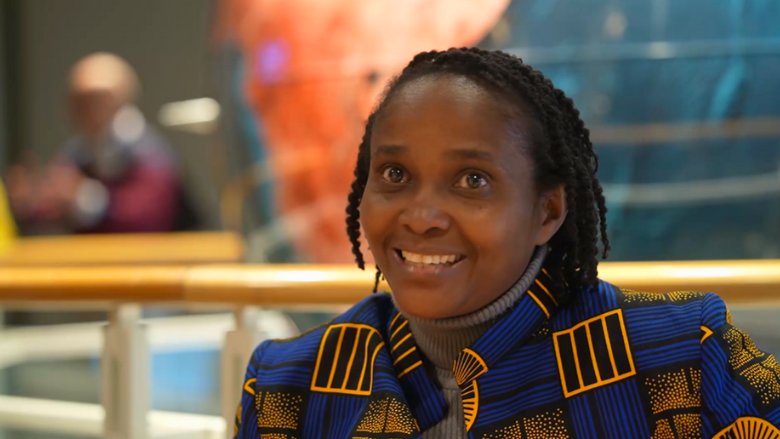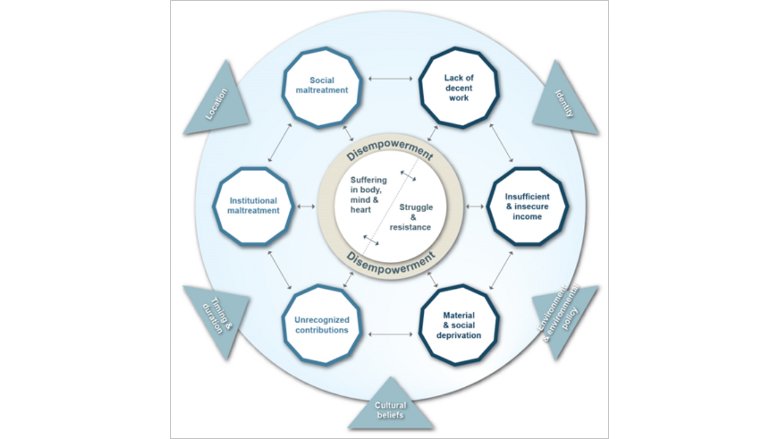The ATD-Oxford University research project and its findings represent a critical step forward, building upon and advancing earlier efforts by development actors to better understand and address the many dimensions of poverty.
More than two decades ago, the World Bank’s “Voices of the Poor” project endeavored to think differently about poverty, drawing upon the views of 60,000 people living in poverty across 60 countries. The goal was to identify the challenges they faced beyond income and consumption, such as lack of access to education and health, powerlessness, voicelessness, and vulnerability.
While a lot has been learned over the past few decades, much more can be done going forward to ensure inclusive, consultative and participatory approaches to tackling poverty in all its forms.
In this regard, an important milestone took place in February 2024, when ATD-Fourth World, the World Bank, and the IMF came together to host a conference and series of workshops on addressing the hidden dimensions of poverty in knowledge and policies.
This initiative brought together activists from around the world – many of whom had personal experience living in poverty – alongside academics and practitioners, including World Bank and IMF specialists, in the spirit of the “Merging of Knowledge” approach.
Participants engaged closely with each other as they delved into the many dimensions of poverty, explored the blind spots of existing anti-poverty policies and approaches, and reflected on how to apply new insights in practice.
“There was a learning process, both ways. And I think, interacting with people, understanding where they come from, the context, the type of restrictions they face, we change," said Luis Felipe Lopez-Calva, World Bank Global Director for Poverty and Equity. "Sometimes, we impose on ourselves some limitations, and can be a lot more effective if we are open to new ways of working, and collaborating with others.”
The conference provided a launchpad for incorporating these new approaches more broadly, including in academia, international financial institutions, and civil society.
“To make the World Bank and the IMF into institutions that are more participatory – that take into account the experience, the thoughts, and reflections of people in poverty – is a path we haven’t yet taken,” explains Beatriz Monje Barón, who coordinates training on the Merging of Knowledge for ATD-Fourth World.
“We must create this pathway. And we will create this together.”

